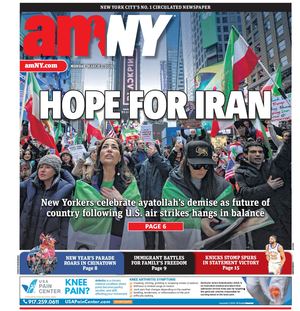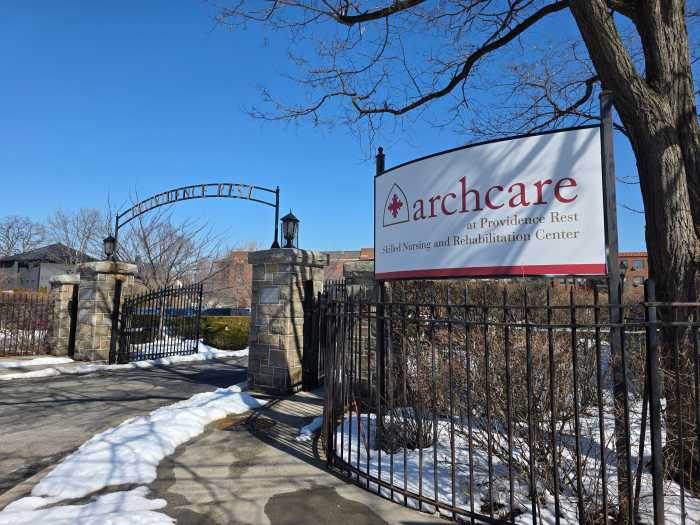The New York City Housing Authority’s NextGeneration plan hopes to rescue the city’s distinctive public housing system by shuttering the agency as we know it. Rather than demolish the towers, however, NYCHA is going to break itself apart.
This bold and risky strategy aims to weave the agency’s 2,550 buildings, and the people who live and work in them, back into NYC’s fabric.
If NYCHA gets its way, NextGen projects would look more like other neighborhoods. There would be more shopping on the ground floor of new buildings. Many longtime residents would live near mostly higher-income and affordable-housing residents. New buildings, stores and tenants would mean more aggressive management and neighbors who wouldn’t hesitate to call the city when something isn’t to their liking.
NextGen residents’ lives would also become more like those of other city residents. The quarter of NYCHA households (out of 178,000) benefiting from casual rent collection would have to pay regularly or face aggressive collection. They would also have to cough up more for their subsidized parking spaces, just like other city residents. And NextGen residents would be asked to recycle more of their trash, rather than just jamming it into chutes or dropping it on lawns.
Maintenance and administration would be more typical of today’s city. Repairs and materials would be in the hands of the local staff, as they usually are for privately run apartment buildings. Many NextGen apartments (16,000) would be managed under a partnership, as is common in affordable housing today, opening up new federal funding sources.
To achieve the standards outlined in the NextGen plan, city officials are set on integrating many NYCHA administrators and support services into the broader operations of city government, cutting the need for about 1,000 administrative roles. Remaining administrators, staff and programs would then have greater access to city funds for operations and capital improvements.
NYCHA wants to salvage itself by being more like the rest of the city, both physically and administratively. It might just be the only way to rescue NYCHA, and despite significant challenges bound to arise during implementation, NextGen should be given a fair trial.
Nicholas Dagen Bloom is the co-editor of “Affordable Housing in New York.” Fritz Umbach is the author of “The Last Neighborhood Cops” and a co-editor of “Public Housing Myths.”






































